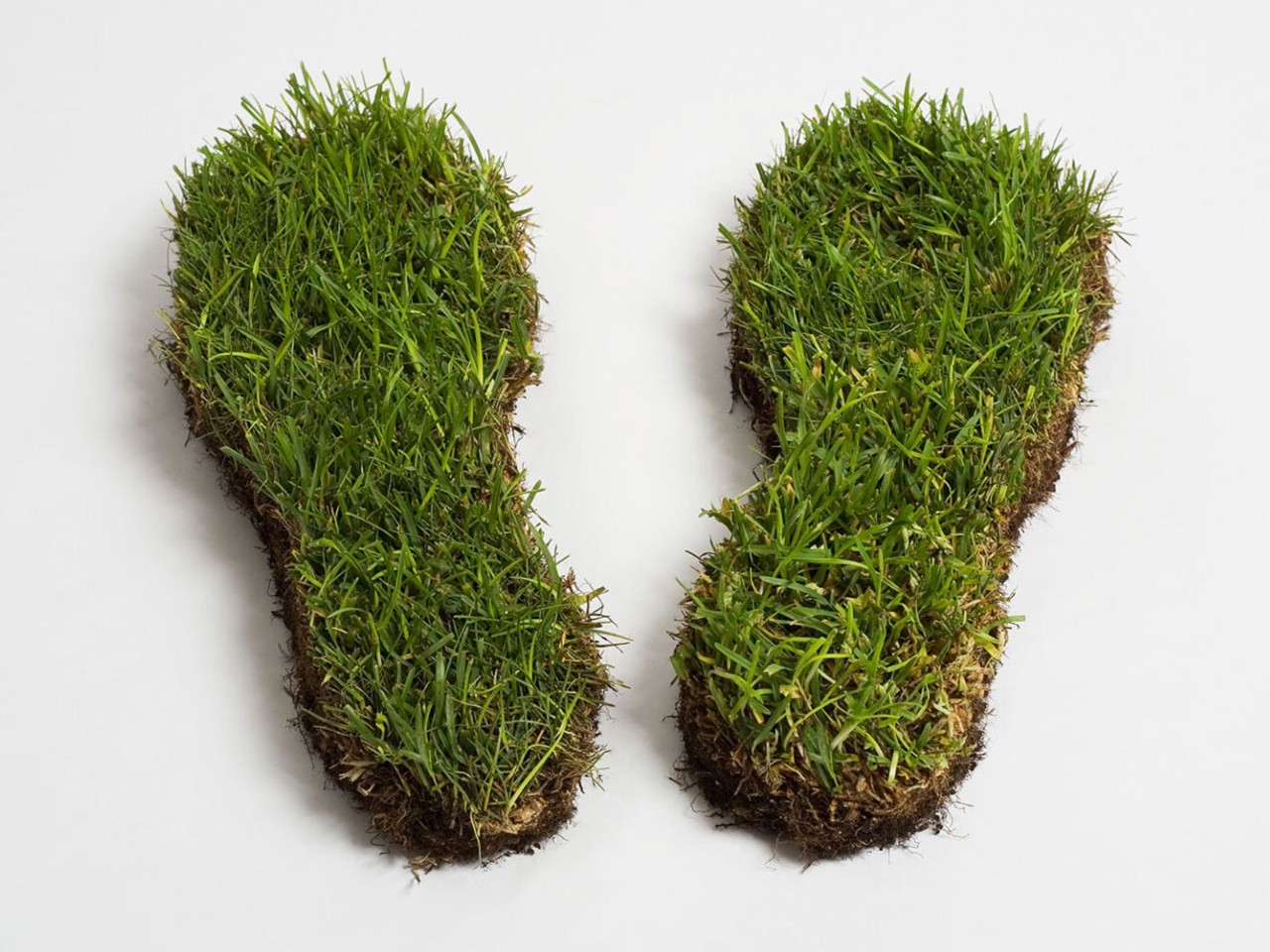
CSRD changes
Members of ACCA are among those who have expressed concern at the administrative burden that the EU’s Corporate Sustainable Reporting Directive (CSRD), Corporate Sustainable Due Diligence Directive (CS3D) and Taxonomy Regulation are imposing on businesses in meeting sustainability reporting requirements.
The EU is now proposing an ‘omnibus package’ to merge the CSRD, CS3D and Taxonomy Regulation. There are suggestions that the package will be used as an opportunity to rewrite all three and reduce the scope and depth of reporting required under each.
Professional body organisation Accountancy Europe recently met with five of the EU commissioners including Michael McGrath to discuss the proposed package. Some of the takeaways from the meeting are that all options are on the table – everything from a full rewrite and reopening of the CSRD to a simple tweaking of application dates and reporting thresholds.
Reopening CSRD legislation would cause great difficulty
While European Sustainability Reporting Standards (ESRS) impose a considerable reporting burden, reopening the legislation would cause great difficulty as well. Accountancy Europe made representations on a recommended route for the Commission to ‘focus any alleviations in a possible omnibus proposal on provisions that have not yet been implemented due to their later compliance deadlines, rather than retroactively altering obligations that are already in effect’.
The package is scheduled to be published on 26 February and ACCA is monitoring the situation carefully. Once it has been published and a legislative proposal has been made, ACCA will respond (either through or in coordination with Accountancy Europe) during the one-month feedback period.
CSRD progress
Accountancy Europe has set up a tracker that monitors the implementation of the CSRD across the European Economic Area. So far 20 member states have transposed the directive, six have draft proposals published and three are still preparing proposals. Ireland transposed the directive into national law in July 2024.
SME sustainability reporting
The Voluntary Sustainability Reporting Standard for non-listed SMEs (VSME) is what small entities in the EU will use to report on their sustainability. It will allow them to access sustainable finance, to participate in their customers’ sustainable supply chain reporting, and generally to tell their own sustainability story in a cost-efficient way.
The standard is only 60 pages long and requires about 20 disclosures. By comparison, full ESRS has up to 1,100 data points. Efrag has announced it has delivered its technical advice on VSME to the European Commission and released three educational VSME videos.
The first crop of sustainability reports published under ESRS are available
Meanwhile in the UK, the Financial Reporting Council’s UK sustainability disclosure technical advisory committee has published its technical assessment and endorsement recommendations for the UK to adopt IFRS S1 and S2, with minor amendments. IFRS S1 and S2 are the international sustainability standards and are described as interoperable with ESRS, the sustainability standards required in the EU.
Renewables contracts
The International Accounting Standards Board has issued targeted amendments to IFRS 9, Financial Instruments, and IFRS 7, Financial Instruments: Disclosures. The amendments are intended to help companies improve their reporting of the financial effects of nature-dependent electricity contracts, which are often structured as power purchase agreements. The amendments include:
- clarifying the application of ‘own-use’ requirements
- permitting hedge accounting if the contracts are used as hedging instruments
- adding new disclosure requirements to enable investors to understand the effect of these contracts on a company’s financial performance and cashflows.
Case studies
The Department of Enterprise, Trade and Employment has published a series of case studies on how businesses can become more sustainable. The examples include a small café, a potter and a laundry.
Sustainability reports
The first crop of sustainability reports published under ESRS are now available:
- Demant (healthcare)
- DSV (transportation)
- Lundbeck (pharmaceutical)
- Netcompany (IT services)
- Novo Nordisk (healthcare)
- Nykredit (financial services)
- Nykredit Realkredit (mortgage services)
- Pandora (jewellery)
- Ringkjøbing Landbobank (banking)
- Spar Nord (banking)
- TomTom (IT services and consulting)
- Tryg (insurance)
- Vestas (renewable energy).
More information
More sustainability guidance is available at ACCA’s sustainability reporting hub
Watch on-demand sessions on green finance at ACCA’s Accounting for the Future online conference
Find out about ACCA’s Certificate in Sustainability Finance



